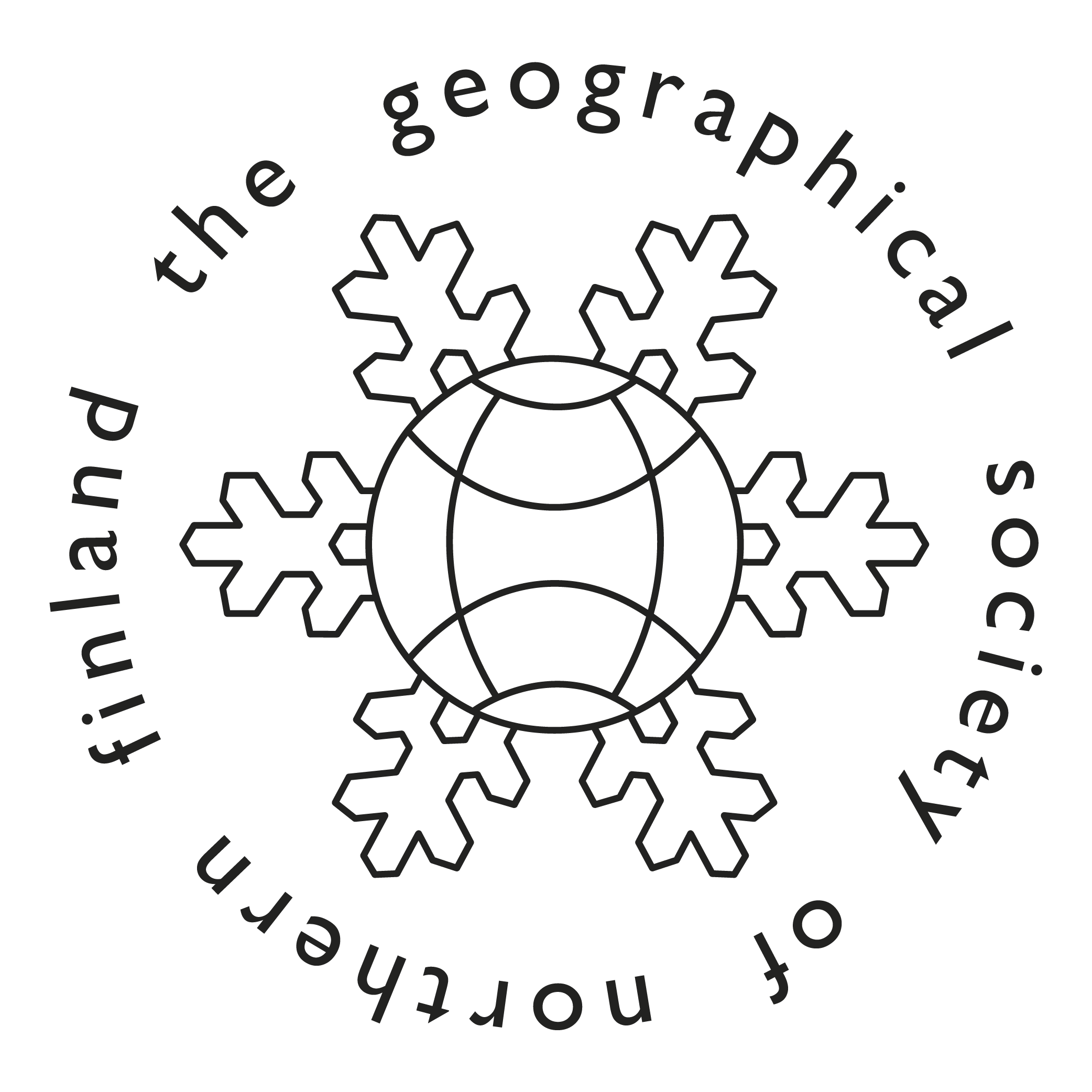Identities and regions: Exploring spatial narratives, legacies and practices with civic organizations in England and Finland
Abstract
We all have our stories to tell. Where we have born, where we have lived and the places we have visited. The spatial history of our lives reveals much about the ways we identify with space and how we narrate our belonging. The way we identify with space is always unique, reflexive and emotional. Space around us can be thought of as scaled, in which the landscapes and communities hold differently scaled spatial meanings. Regions are part of such an identity matrix, but identification with regions is a complicated issue in the late modern world, in which space does not provide a clear and meaningful collective discourse. Regions, however, provide one source of identification. Geography has a rich tradition of regional studies, and it remains important for geographers to understand what regions mean for people today, how individuals use regions in their reflexive identity narratives, how they entitle themselves to regional discourses, how they might feel regions as an obligation or as an inseparable part of the Self-Other dialectic. This dissertation is in short about how reflexive individuals share and narrate their identities and how they understand the spatially and historically defined social.
The aim of this dissertation is to understand space as open in relation to different positionalities, life-paths and differently scaled worldviews. People construct their identities throughout their lives. Aside from highlighting the processes that construct identities and the part time plays for individual identities, the research also argues for understanding the role of time in forging the conceptions of regions. The research articles included here explicate the processes of identification with space, the role of identity discourses and belonging for both citizens in civic organizations and regional actors in regional institution, the importance of understanding how regional legacies condition various reflexive identity narratives and how regions form a part of the scalar spatial identities. In addition, the synopsis explains how regions have evolved in the case countries, Finland and England, and questions the relevance of regional imaginaries married to nation-building imaginaries.
The four research articles and this synopsis draw from focus-group interviews with four different civic organizations in four regions in Finland and two regions in England. The 15 focus groups in Southwest Finland, Päijät-Häme, North Karelia and North Ostrobothnia were comprised of members of Local Heritage Associations, Youth Societies, Amnesty International, Friends of the Earth/Nature Conservation Association, and the eight focus groups in Devon and Cornwall involved groups of Local Heritage or Old Cornwall Society, Local Association or Amateur Operatic Society, Amnesty International and Transition. In the research, these are categorized as more locally-orientated or universally-orientated social movements or civic organizations. In addition to these focus groups, one of the articles uses one-to-one semi-structured interviews with regional actors in different regional institutions operating in Päijät-Häme. The empirical research was conducted between September 2008 and June 2010. Some of the articles and the synopsis analyse the historical legacies of the countries’ regional systems through historical source materials.
The dissertation makes a contribution to geographical knowledge by addressing three main themes. First, I argue that people have a need to identify with space and that such identification draws from their life-paths and their ability to reflect on past experiences. Second, identification with space can take place in multiple scales and individuals construct their identities by piecing together and negotiating different spatial ideas and representations. Third, while regions might form a solid source of identification for some identity narratives, the ways people relate to regions, their histories, symbols, institutions and discourses, depends on the choices the individual makes and how she or he negotiates entitlement and obligation to discursive space among social connections. In addition, the synopsis opens up the regional histories of Finland and England. Along with regions becoming institutionalized, they can be thought of having been synchronized as a part of administrative systems. Yet the legacies different regions have left behind influence discourses of regional identities, identification with regions and how national communities are seen through regional positions. Finally, the dissertation argues that comparing different experiences of regions, regardless of state administrations and regional systems, and that the way individuals tell emotionally driven stories for themselves and to others is, perhaps, the most fruitful way to understand identities and their transformation in everyday life.






